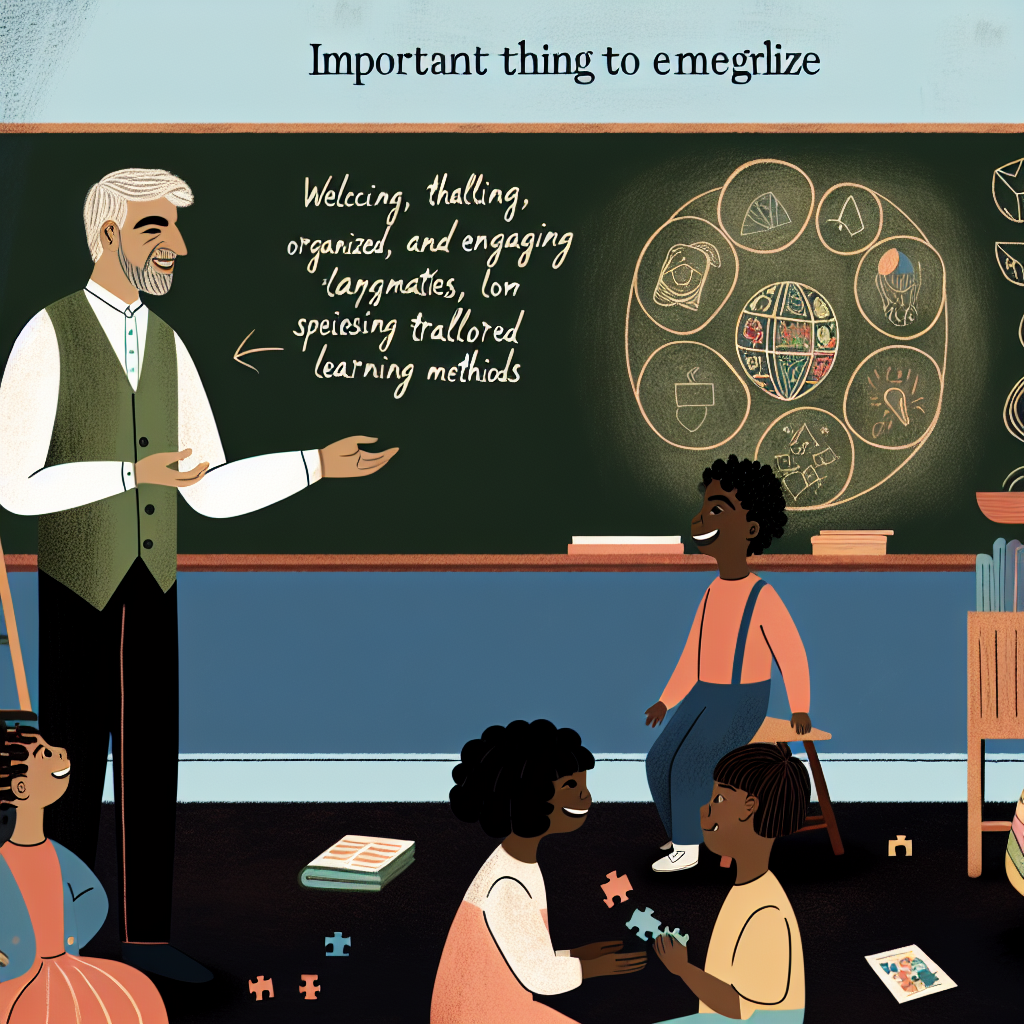Individualizing the LIFE Curriculum to Teach Flexible Cooking Skills in Neurodivergent Young Adults
Supporting neurodivergent young adults in acquiring independent living skills is essential for fostering autonomy and self-sufficiency. A recent study by Burke et al. (2024) explores how the LIFE (Learning Independent Functional Expertise) curriculum can be personalized to teach flexible cooking skills to a young adult with autism. This research highlights evidence-based strategies that can help behavior analysts and educators tailor skill acquisition programs to meet individual needs.
Understanding the LIFE Curriculum
The LIFE curriculum is designed to develop functional daily living skills across different domains. This framework categorizes skills into four levels:
- Essential Skills – Basic self-care tasks such as hygiene and food preparation.
- Foundational Skills – Abilities that support independent living, like cleaning and navigating routines.
- Independent Skills – More complex tasks involving problem-solving and personal choice.
- Liberating Skills – Enrichment activities that align with the individual's interests and goals.
These skills are integrated across five key domains:
- Home Skills (e.g., cooking, cleaning, organization)
- Social Skills (e.g., communication, collaboration)
- Leisure Skills (e.g., hobbies, recreation)
- Performance Skills (e.g., time management, following sequences)
- Personal Care Skills (e.g., grooming, daily hygiene)
By addressing these domains, the curriculum ensures young adults develop competencies that promote long-term independence.
Adapting Cooking Instruction for a Neurodivergent Learner
Burke et al. (2024) conducted a study to teach flexible cooking skills to Mark, a neurodivergent young adult with a strong interest in Star Wars. The researchers personalized the LIFE curriculum by incorporating his special interests into meal preparation tasks such as:
- Ham Solo Sandwich
- Pizza the Hut
- Luke Dogwalker Hot Dog
This approach helped increase engagement and motivation while promoting generalization of skills. Behavior analysts and educators can take similar approaches by embedding individual preferences into skill development activities.
Using Evidence-Based Teaching Strategies
The study implemented a multiple-baseline design across cooking tasks, using structured teaching procedures to maximize learning. Key strategies included:
- Delayed prompting – Mark was given 15 seconds to complete each step independently before receiving a verbal prompt. If necessary, a model prompt was provided to demonstrate the correct action.
- Generalization training – Once Mark mastered a recipe, instructors encouraged him to modify steps using a "Make It Your Own Way" approach, reinforcing flexible thinking.
- Verbal flexibility probes – To strengthen adaptability, Mark practiced describing steps in different ways and sequencing cooking actions from memory.
These strategies ensured Mark could not only follow recipes but also adjust them based on available ingredients and personal preferences, building true independence.
Results and Key Findings
Mark successfully acquired all three cooking skills in a short period:
- Ham Solo Sandwich – Mastered in 9 trials
- Pizza the Hut – Mastered in 8 trials
- Luke Dogwalker Hot Dog – Mastered in 6 trials
Beyond task mastery, Mark demonstrated flexibility by adapting recipes and responding to changes in cooking instructions. This outcome demonstrates the effectiveness of individualized instruction coupled with reinforcement tied to personal interests.
Practical Takeaways for Behavior Analysts
The study by Burke et al. (2024) provides important insights for professionals working with neurodivergent individuals. Here are three key strategies for successful skill-building:
- Leverage Special Interests – Incorporating a learner's passions (such as pop culture references) can increase engagement and motivation.
- Use a Systematic Teaching Approach – Delayed prompting, modeling, and generalization training improve skill retention.
- Encourage Flexibility – Teaching variations of tasks helps individuals adapt to real-world challenges, increasing long-term independence.
By applying these principles, behavior analysts can better support young adults in acquiring meaningful, functional skills.
Conclusion and Next Steps
The LIFE curriculum provides a structured yet adaptable framework for promoting independent living skills in neurodivergent young adults. The study by Burke et al. (2024) demonstrates how personalizing instruction to match an individual's interests can lead to greater engagement and success.
For professionals interested in learning more, the full study is available at https://doi.org/10.1007/s40617-023-00857-2. Applying these findings can help bridge the gap between skill acquisition and true self-sufficiency, empowering individuals to lead more independent lives.



